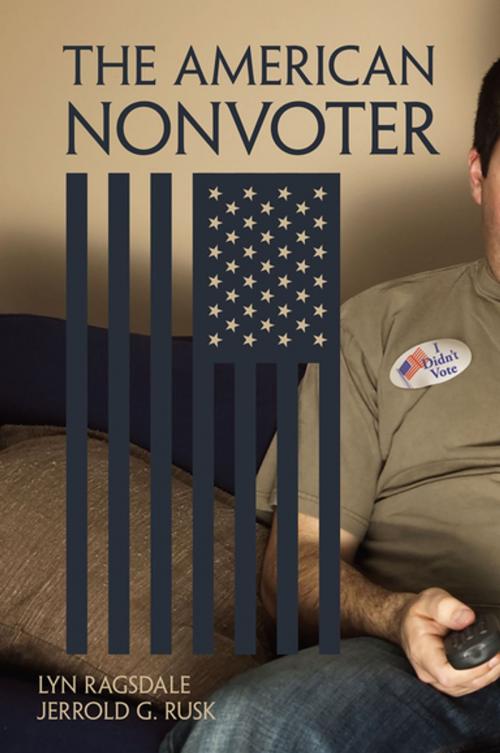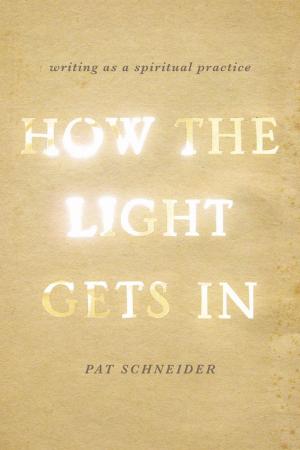The American Nonvoter
Nonfiction, Social & Cultural Studies, Political Science, Government, Elections, Politics, History & Theory| Author: | Lyn Ragsdale, Jerrold G. Rusk | ISBN: | 9780190670733 |
| Publisher: | Oxford University Press | Publication: | April 3, 2017 |
| Imprint: | Oxford University Press | Language: | English |
| Author: | Lyn Ragsdale, Jerrold G. Rusk |
| ISBN: | 9780190670733 |
| Publisher: | Oxford University Press |
| Publication: | April 3, 2017 |
| Imprint: | Oxford University Press |
| Language: | English |
A diverse body of research exists to explain why eligible voters don't go to the polls on election day. Theories span from the psychological (nonvoters have limited emotional engagement with politics and therefore lack motivation), to the social (politics is inherently social and nonvoters have limited networks), and the personal (nonvoters tend to be young, less educated, poor, and highly mobile). Other scholars suggest that people don't vote because campaigns are uninspiring. This book poses a new theory: uncertainty about the national context at the time of the election. During times of national crisis, when uncertainty is high, citizens are motivated to sort through information about each candidate to figure out which would best mitigate their uncertainty. When external uncertainty is low, however, citizens spend less time learning about candidates and are equally unmotivated to vote. The American Nonvoter examines how uncertainty regarding changing economic conditions, dramatic national events, and U.S. international interventions influences people's decisions whether to vote or not. Using rigorous statistical tools and rich historical stories, Lyn Ragsdale and Jerrold G. Rusk test this theory on aggregate nonvoting patterns in the United States across presidential and midterm elections from 1920 to 2012. The authors also challenge the stereotype of nonvoters as poor, uneducated and apathetic. Instead, the book shows that nonvoters are, by and large, as politically knowledgeable as voters, but see no difference between candidates or view them negatively.
A diverse body of research exists to explain why eligible voters don't go to the polls on election day. Theories span from the psychological (nonvoters have limited emotional engagement with politics and therefore lack motivation), to the social (politics is inherently social and nonvoters have limited networks), and the personal (nonvoters tend to be young, less educated, poor, and highly mobile). Other scholars suggest that people don't vote because campaigns are uninspiring. This book poses a new theory: uncertainty about the national context at the time of the election. During times of national crisis, when uncertainty is high, citizens are motivated to sort through information about each candidate to figure out which would best mitigate their uncertainty. When external uncertainty is low, however, citizens spend less time learning about candidates and are equally unmotivated to vote. The American Nonvoter examines how uncertainty regarding changing economic conditions, dramatic national events, and U.S. international interventions influences people's decisions whether to vote or not. Using rigorous statistical tools and rich historical stories, Lyn Ragsdale and Jerrold G. Rusk test this theory on aggregate nonvoting patterns in the United States across presidential and midterm elections from 1920 to 2012. The authors also challenge the stereotype of nonvoters as poor, uneducated and apathetic. Instead, the book shows that nonvoters are, by and large, as politically knowledgeable as voters, but see no difference between candidates or view them negatively.















